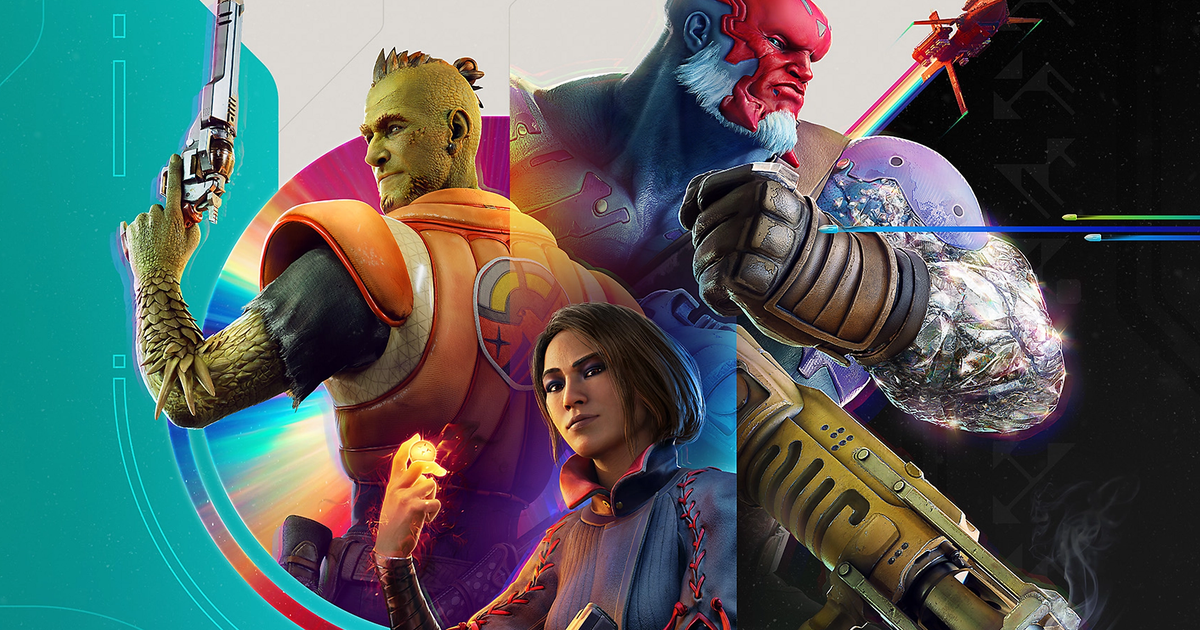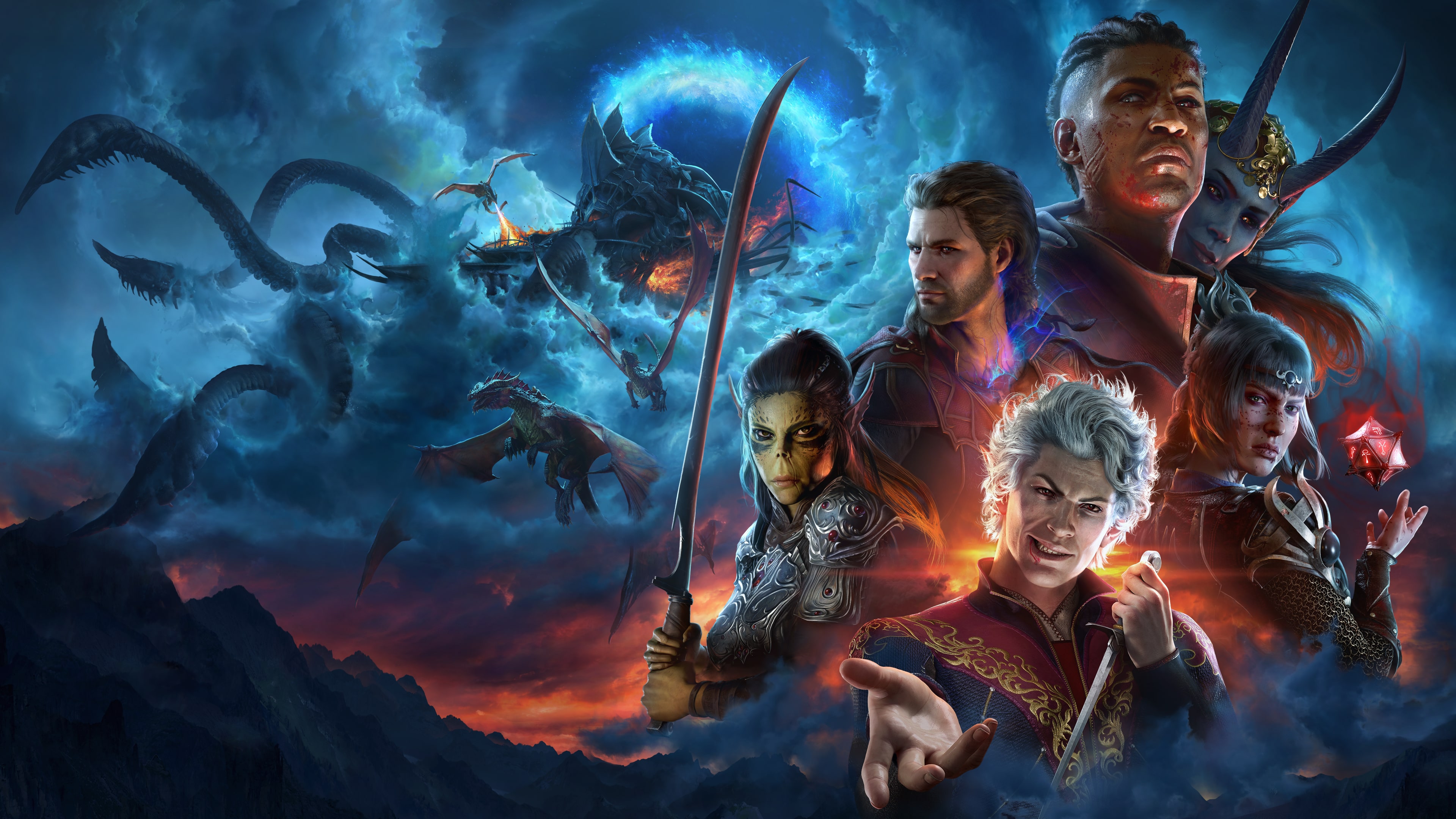atyourservice
Member
Classics would be games that will stick out in 20 years as being especially excellent or memorable in a positive way


I really doubt these will be remembered in even a decade, despite how good they are.Psychonauts 2
It Takes 2
Hi Fi Rush
Prince of Persia Lost Crown
The more time I have spent after Psychonauts 2, more fondly I remember it.I really doubt these will be remembered in even a decade, despite how good they are.
*Maybe* It takes 2.
Still, there aren't any objective answers, so eh
The more time I have spent after Psychonauts 2, more fondly I remember it.
I think there's a misunderstanding about what defines a classic. IT isn't really about how good *you* think the game is, more about how the industry as a whole chooses certain games to remember as exemplars from certain periods.STALKER 2 (once fixed)
Chronicles of Myrtana: Archolos
A game being good is a prerequisite for being a classic.I think there's a misunderstanding about what defines a classic. IT isn't really about how good *you* think the game is, more about how the industry as a whole chooses certain games to remember as exemplars from certain periods.
In video games, some of them are really unplayable a few years later. Like, Ocarina of Time for eg. I would definitely prefer to play a newer entry.Yeah, I think we'd have to define terms first. What's a "classic"? When it comes to literature, it's fairly clear. A classic is something that is recognized as excellent, stands the test of time (is "timeless," so to speak), and rises above being merely entertainment into something that conveys wisdom or elevates your perspective, has important 'lessons,' etc.
When it comes to videogames, it's less clear, because the medium is so technologically based/driven (so the "timeless" criterion gets harder to assess), and also because that last criteria I mentioned for literature doesn't really fit for videogames, which are all about entertainment.

TOTK doesn't belong there. It didn't do much different vs Breath of the Wild. Astrobot is great but at the end it's a very much a straightforward platformer, although very well executed.Elden Ring, Baldur's Gate, TOTK, Astrobot, and Vampire Survivors.
I feel those games will stay relevant in the future. Plenty of games have already been impacted by their game design. Very very obvious in the case of Vampire Survivors. It's basically a new genre.
In video games, some of them are really unplayable a few years later. Like, Ocarina of Time for eg. I would definitely prefer to play a newer entry.
While something like Final Fantasy 7, is kinda doesn't have a replacement.
Not sure which of the 2 I consider classic. Love OG FF7. Couldn't play over an hour of Ocarina of Time.
Just finished reading Dune. It was fantastic.Yeah, I don't enjoy games that are more than about 30 years old.
It makes it hard to say that a videogame "stands the test of time" when you've only got a 30 year window to work with. "Stands the test of generation," more like (not console generation, regular generation). I can read a book written centuries ago and still enjoy it, because language doesn't change nearly as fast as technology.
Maybe I'm missing something, but once you remove the "timeless" and the wisdom criteria I mentioned, it seems to me that what defines a "classic" videogame basically boils down to whether the game is widely recognized as excellent or outstanding at the time.
You said it is about games that will be played and talked about in 20 years.I think there's a misunderstanding about what defines a classic. IT isn't really about how good *you* think the game is, more about how the industry as a whole chooses certain games to remember as exemplars from certain periods.
